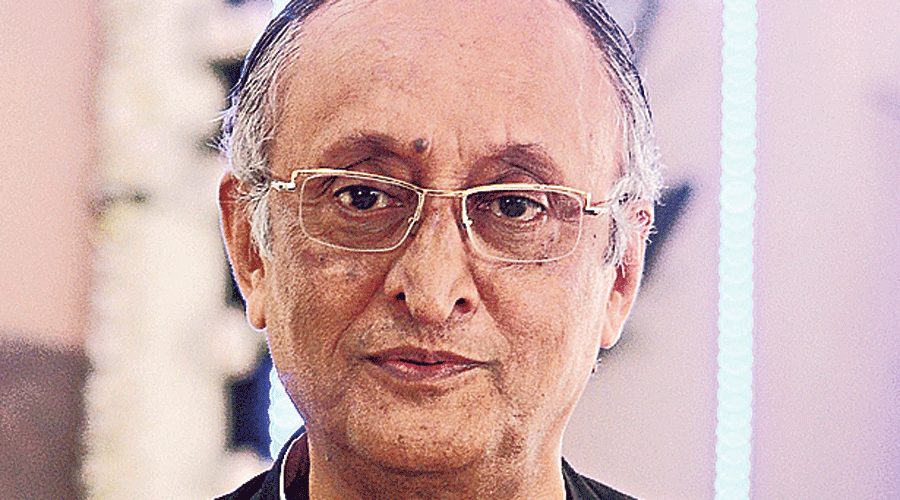Bengal has joined several other non-BJP states to ask the Centre to fulfill its constitutional responsibility to compensate states for any shortfall in GST collection.
State finance minister Amit Mitra sent a letter to his central counterpart a day before the GST Council meets on Thursday, which will be the first such meeting only to discuss how to narrow the deficit for states. States want to find resources to compensate for the shortfall, while the Centre is likely to nudge states to borrow from the market themselves.
“Under no circumstances states should be asked to borrow from the market as it will increase the debt servicing liability,” Mitra wrote to Nirmala Sitharaman.
The Centre has cleared compensation up to March 31, 2020. The compensation, which is usually paid bi-monthly, has not been paid this financial year. Bengal chief minister Mamata Banerjee on Wednesday said the Centre owed Rs 4,100 crore to Bengal on account of the GST.
GST collection had nosedived in April and May as India had imposed one of the strictest lockdowns to combat the Covid-19 pandemic. Between April and July, combined GST collection was down a whopping 34 per cent compared with the year-ago period. However, the gap narrowed in June and July when the collections were down 9 per cent and 14 per cent ,respectively.
Bengal had mopped up Rs 43,386 crore in 2019-20, up from Rs 39,780 crore in 2018-19. The state-wise data for this fiscal has not been published by the Centre yet, except for June when Bengal’s collection was down 7 per cent at Rs 3,128 crore against Rs 3,514 crore a year ago.
Quoting section 18 of the 101 Constitutional Amendment Act, Mitra said there was no going back on the fact that compensation must be paid and the rate of 14 per cent was also sacrosanct. The Act binds the Centre constitutionally to factor in a revenue growth of 14 per cent with 2015-16 as the base year and make up for the shortfall for five years.
GST was introduced from July 1, 2017, whereby states gave up their power to tax goods and services by 70 per cent.
“The Centre must pay the compensation from the different cesses it collects, as it is not getting devolved to the state. In case of shortfall, it is the responsibility of the Centre to garner resources for fully compensating the states, according to the formula agreed upon with the states,” Mitra wrote. The Centre has blamed the poor revenue collection on all accounts as an excuse to delay paying compensation.
Petrol, diesel, ATF and liquor are some of the items which are not part of GST, allowing states and the Centre to tax them at their will. Earlier this year, the Centre imposed an additional Rs 8 a litre cess on petrol and diesel to mop up gains from low global crude price. Collections from the pool of cess are not shared with states.











